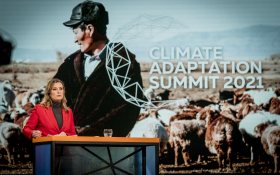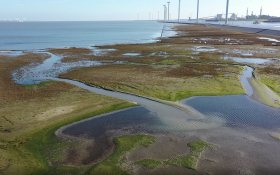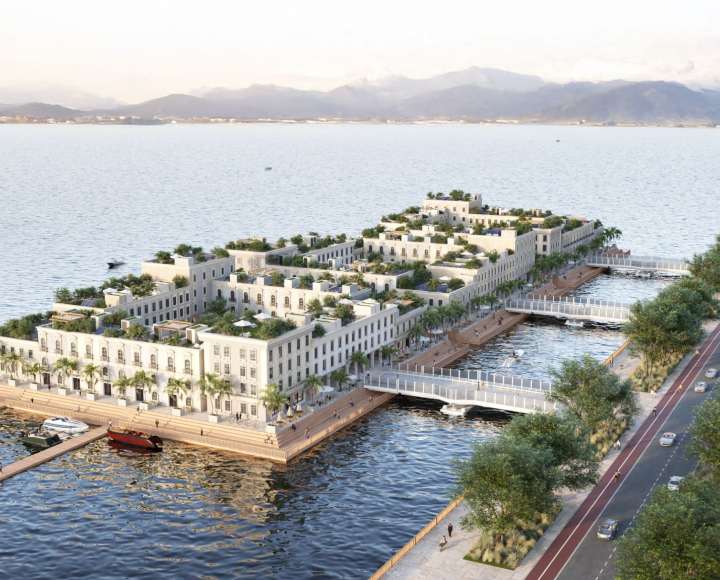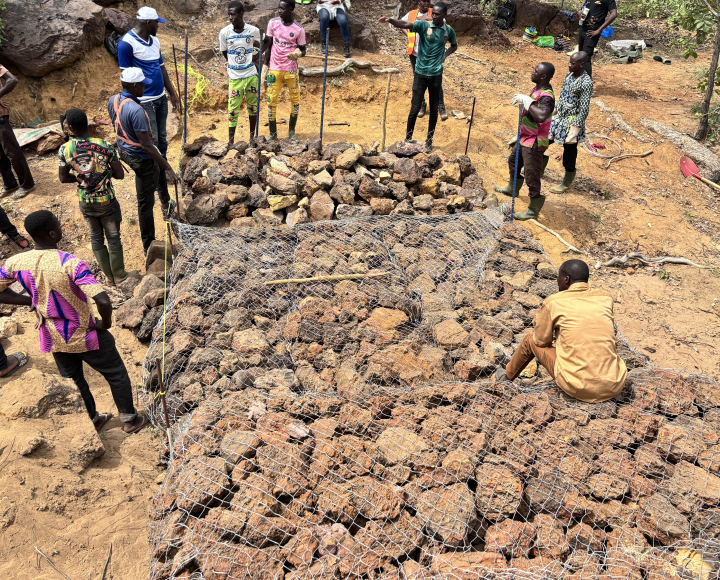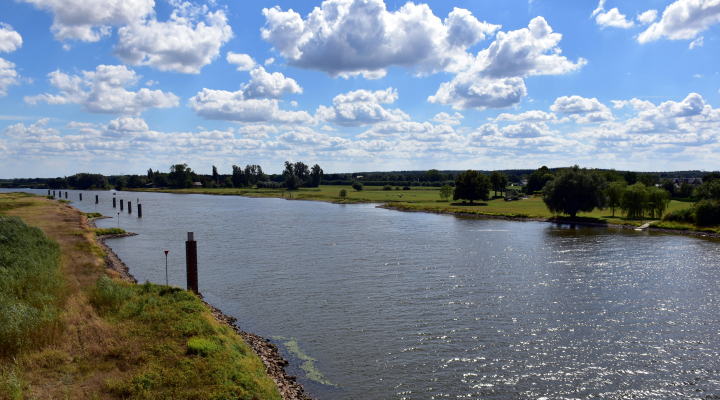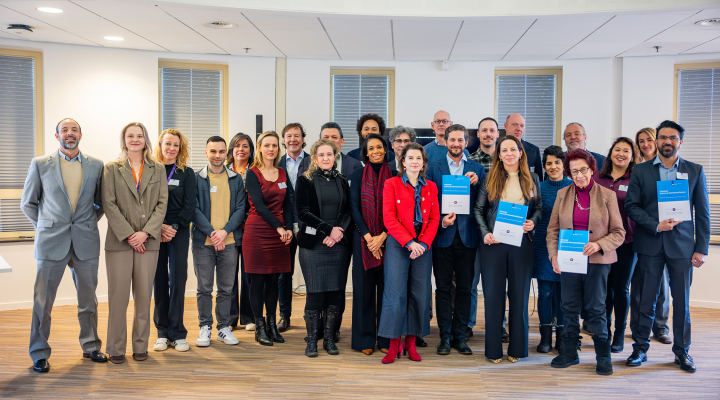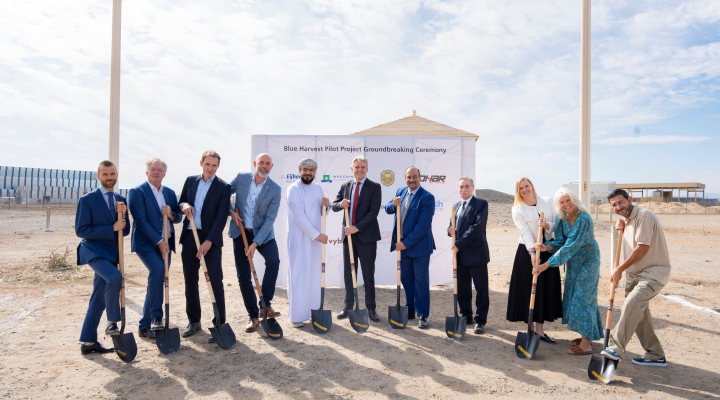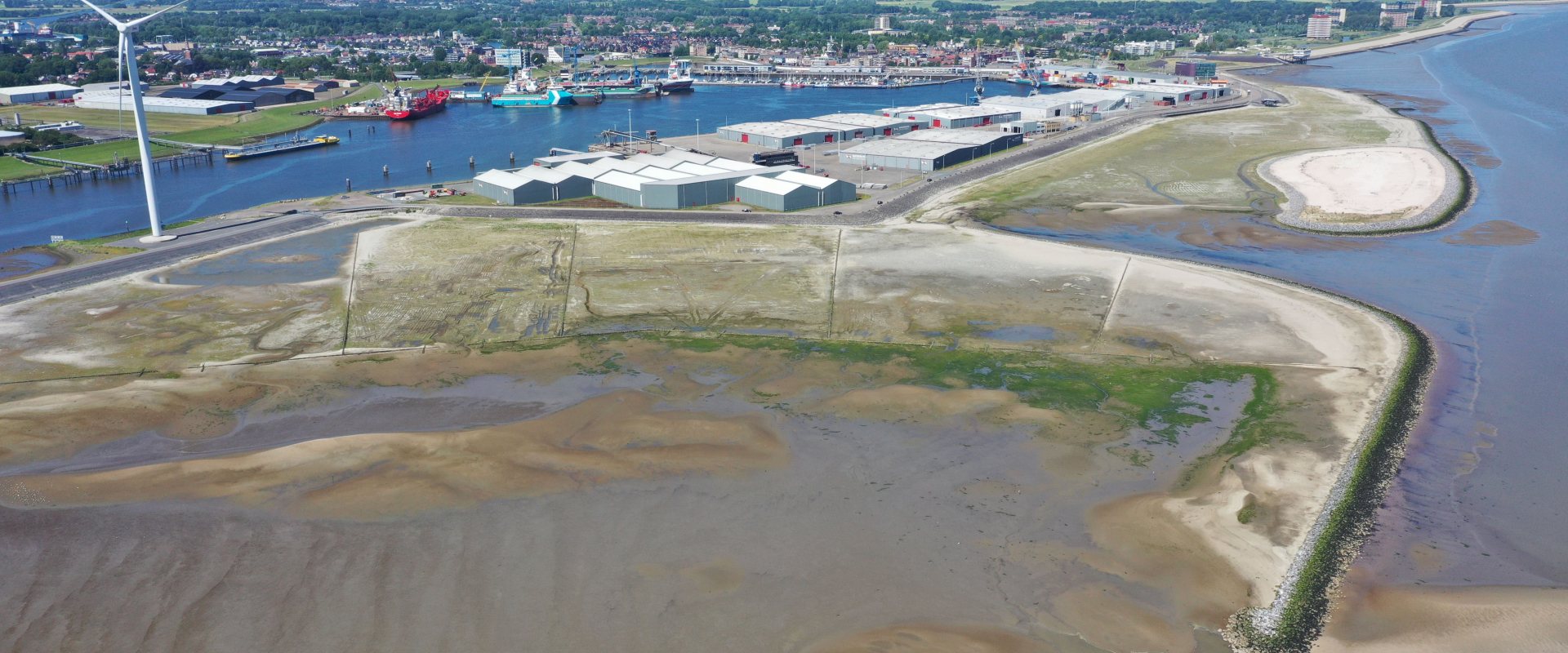
Road to CAS (1): Nature-based climate adaptation is flexible but not easy
‘Nature-based solutions are real contenders to solve multiple crises such as climate change, loss of biodiversity and inequality of poor communities. They are definitely the way forward’, said director Henk Nieboer at Ecoshape during the online webinar Road to CAS on 23 October.
Nieboer announced the launch of the Ecoshape platform that shares twelve years of experiences with 'Building with Nature', a Dutch concept specifically aimed at restoring and strengthening coastal zones by using natural processes such as wind, tides and sedimentation.
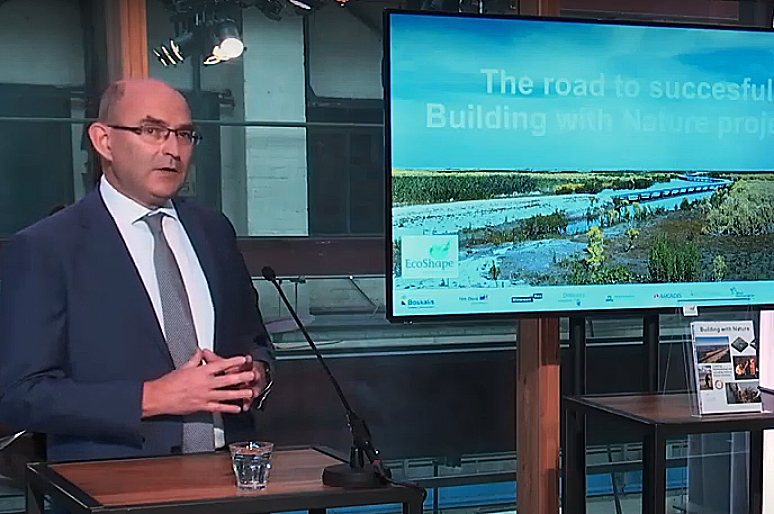

New school coastal engineering
The webinar was a run up to the Climate Adaptation Summit that will be hosted by the Dutch government on 25 January. It paid much attention to nature-based solutions as a flexible way to response to effects of climate change, such as sea level rise, more intense droughts and rains.
The Netherlands built many hard coastal defence structures following the dramatic flood of 1953. In the light of the expected sea level rise, the Dutch national water authority Rijkswaterstaat is facing a much shorter lifespan for these constructions and has started studies for earlier adaptation to sea level rise, including the engineering of soft constructions.
Twelve years ago Dutch water authorities, knowledge institutes and maritime companies started the Ecoshape consortium to gain more experiences with a new approach to coastal engineering, based on soft nature-based solutions.
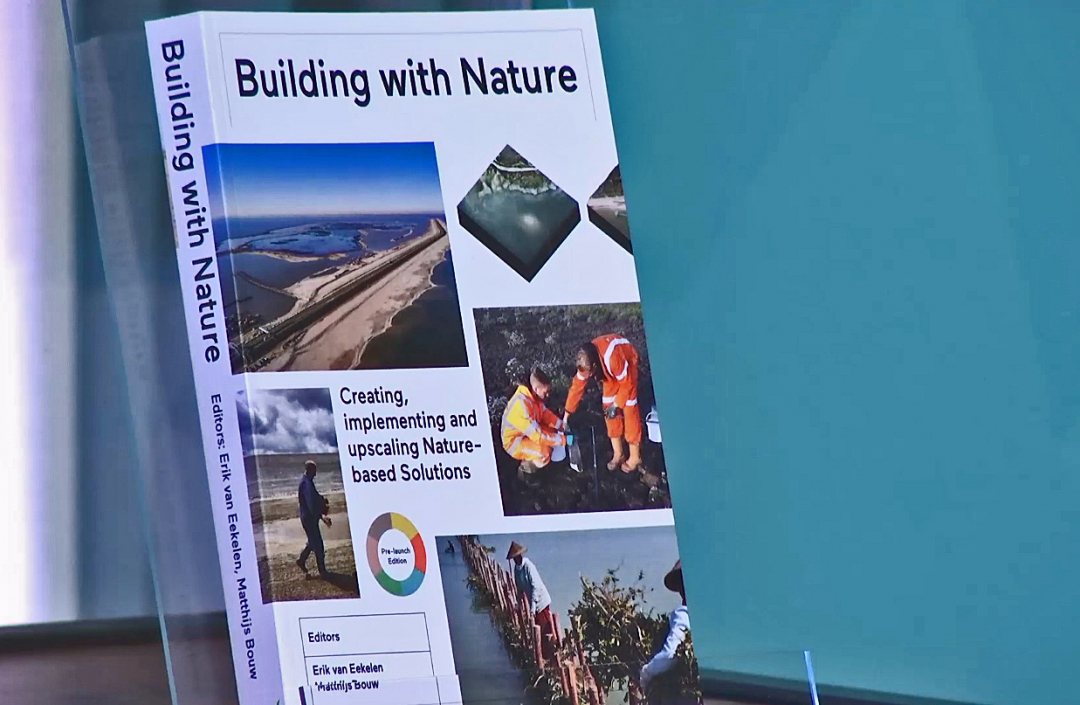

Six different coastal landscapes
Along the Dutch and Indonesian coast the 'Building with Nature' concept has been applied and proved to be viable to stop erosion and to deal with sea level rise. These twelve years of experience with the 'Building with Nature' concept have been documented and clustered for six different landscapes: sandy coasts, muddy coasts, lowland lakes, rivers & estuaries, cities and ports. The information is now available online and will also become available in print when the book is published in December.
For each landscape the optional nature-based solutions are presented in the book and also the effects that can be expected after implementation.
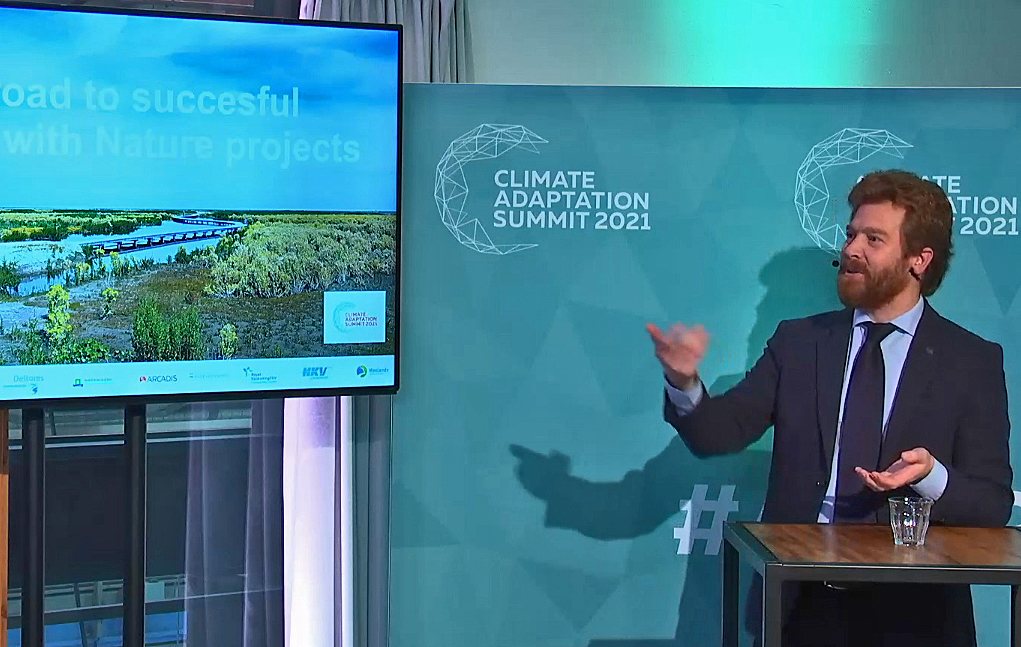

Not always easy
‘Making coastal zones climate resilient with nature-based solutions does not come easy, it is a complex process’, said international project manager Egon Baldal at Dutch national water authority Rijkswaterstaat during the webinar. ’It is an engineering process on the one hand but it is also about dealing with uncertainties and the involvement of communities’.
‘It combines three disciplines’, explained Baldal, ‘hydrology, ecology and economics. We are at the point of mastering the process. We now need to build capacity to implement this new science and scale up these projects that address climate adaptation in a non-static environment.’
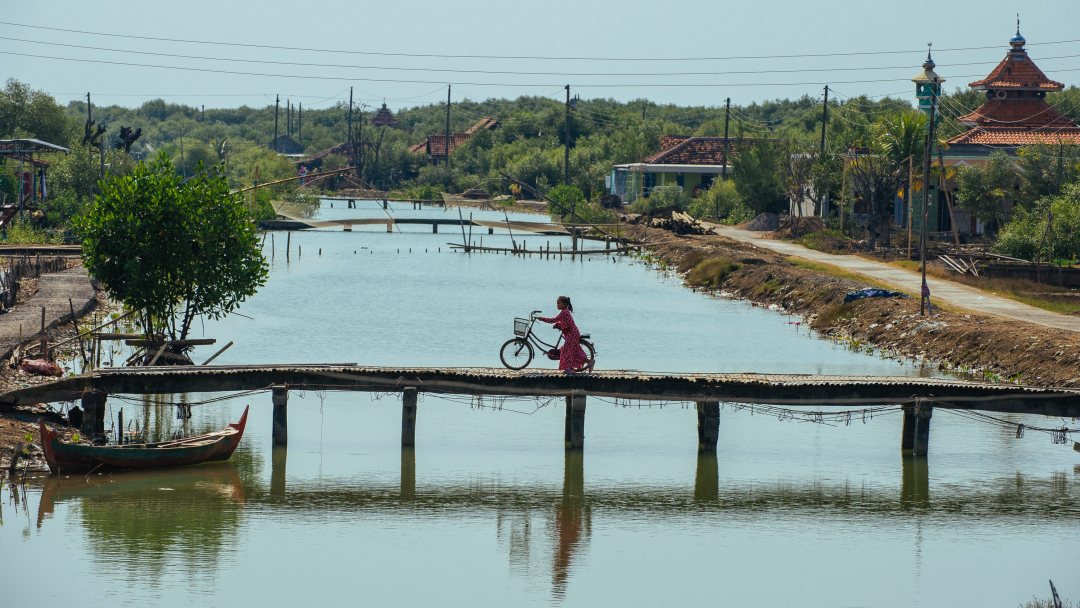

Seizing every opportunity
Ecoshape director Nieboer referred to the alarming words of David Attenborough in his recent documentary 'A life on our planet'. ‘Attenborough touches upon the dramatic loss of biodiversity but also states that it is easy to restore it. I read criticism that a statement like that is too easy. But I think that we can counter this loss, if we see every infrastructure project that we need to undertake as an opportunity to restore what has been lost.’
Read more about Ecoshape platform and book on Building with Nature.
Read more about the series of webinars that prelude on the Climate Adaptation Summit that will take place on 25 January 2021.




